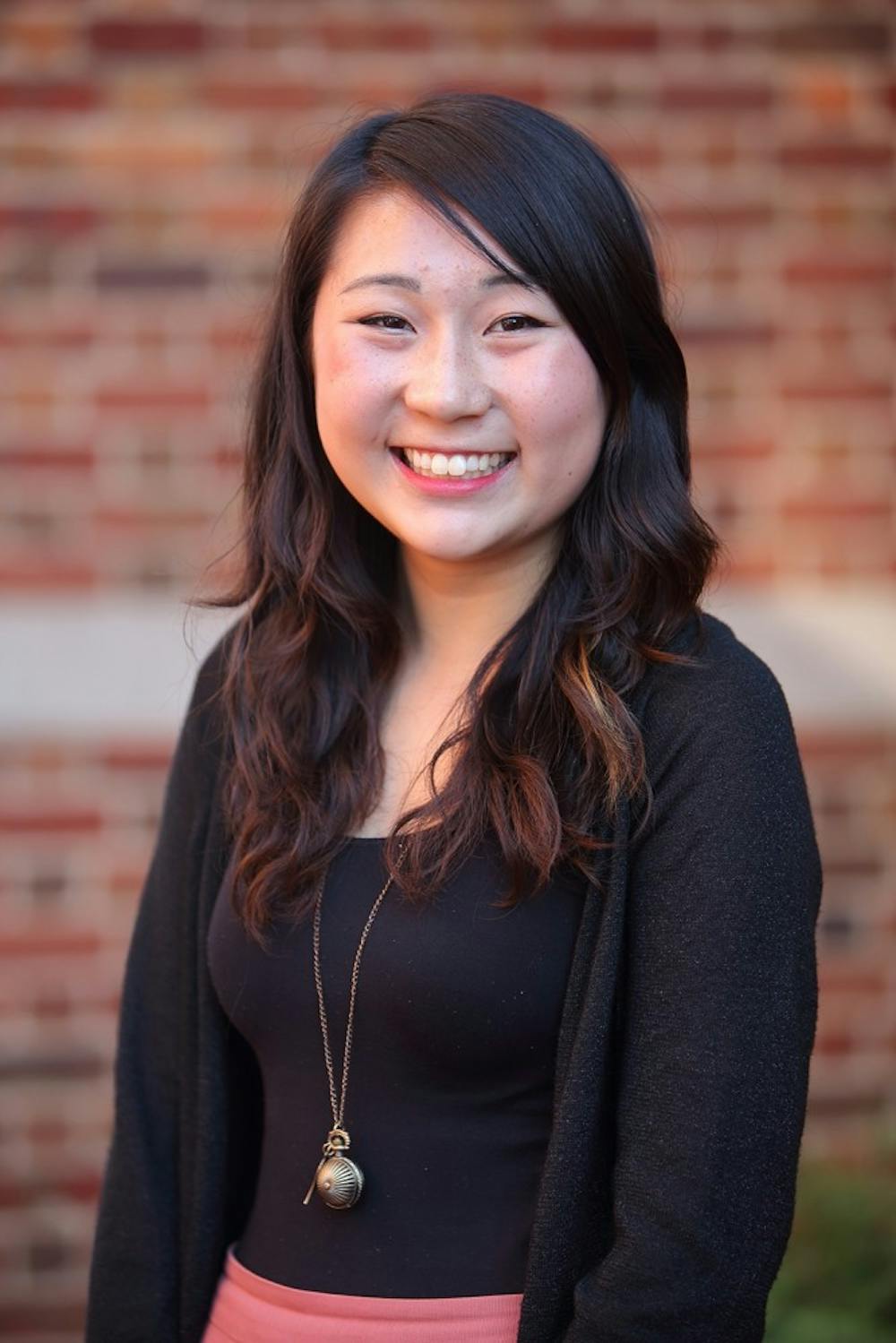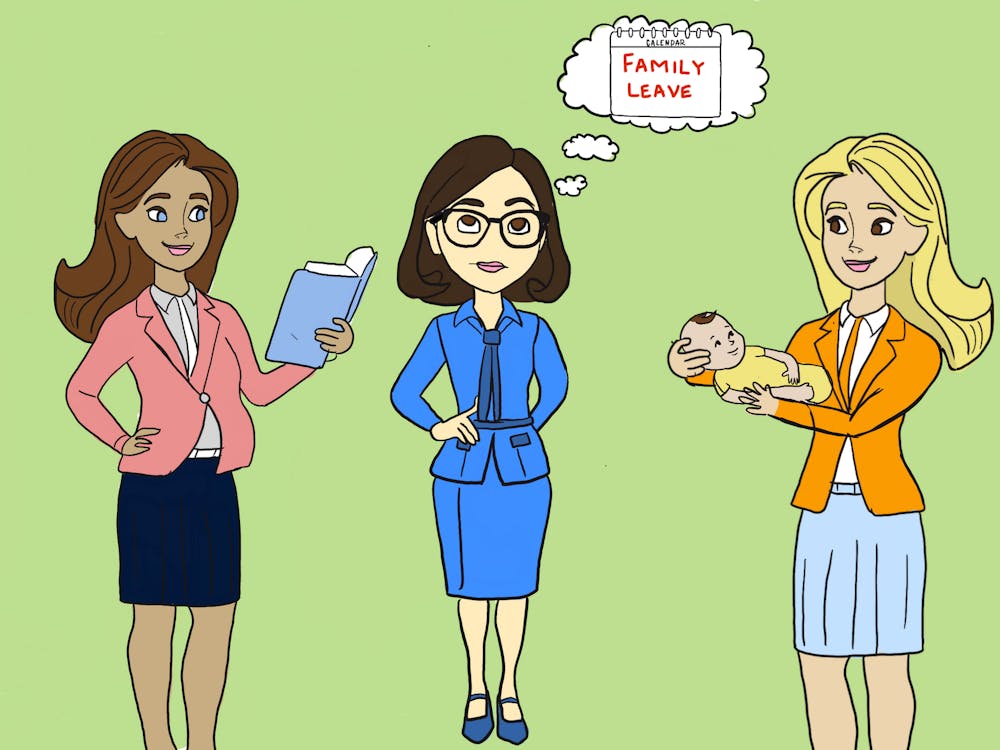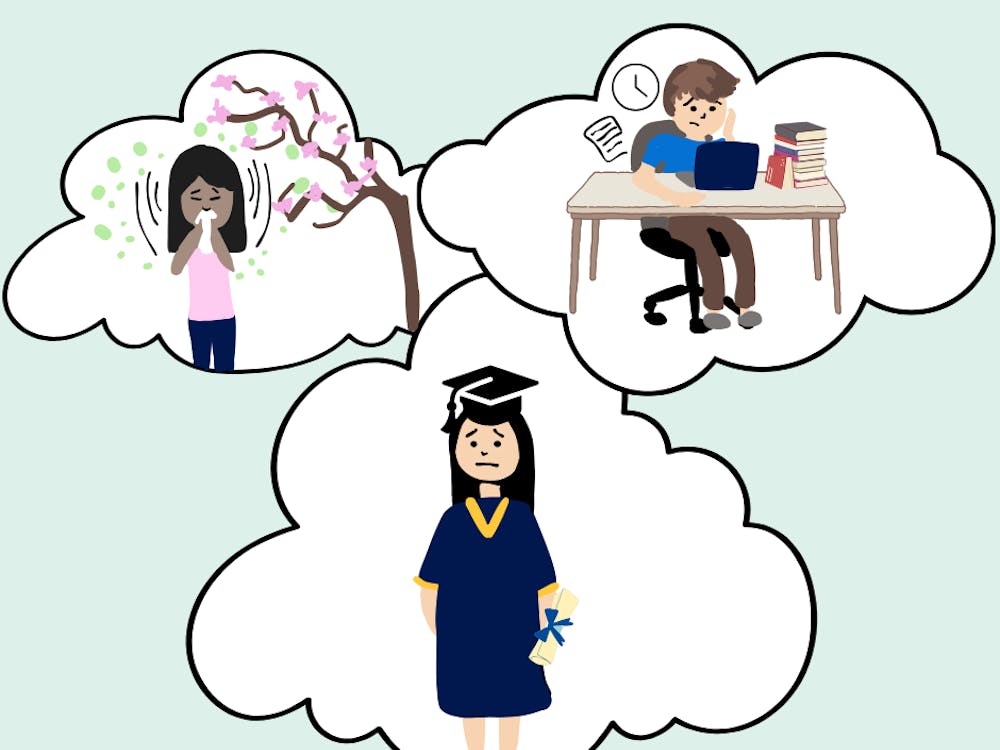By now, every student has an inbox full of statements from every CIO and professor about the events that transpired in our community only a few days before move-in. Though I am not a professor of politics or an eyewitness to the horrors that occurred, I write what I feel has been lacking from some of the statements we’ve heard these last few days — my own story as a minority at U.Va. and how the events of Aug. 11-12 affected all that.
On Aug. 13, 2017, I walked into a grocery store while on vacation in Portland, Ore. wearing a bright-orange U.Va. t-shirt. A newspaper stand greeted me at the entrance of the trendy air-conditioned market with a shocking headline that read: “Deadly Alt-Right Rally in the College Town of Charlottesville, Virginia.” I let out an awkward grimace to the grocery clerk eyeing me in my blazing U.Va. paraphernalia. Never before had anyone really noticed when I wore the Cavalier crest, save a few proud alumni wishing to connect with a current Hoo. Now, I was hyper aware of the concerned stares from Portland pedestrians whispering about the Asian girl with a shirt from where neo-Nazis had just tread.
I understood their concern. I think we all were more than concerned. For the next 24-72 hours, I constantly refreshed Facebook and BBC for any news updates from friends or news anchors. Picture after picture of white, angry men bombarded my feed. The steps of the Rotunda, where just days before I had mirthfully skipped, was now the backdrop of senseless hate. I could not believe that this was happening at my school, in my town and in my home.
Interspersed with the tiki torches and white polo-shirts, there were a smattering of posts with heart emojis and hashtags saying, “This is not us!”
This is not us.
I will be honest that my first reaction to this sentence was not one of agreement. In fact, as a minority at this school, it felt slightly insulting. I had spent the entire summer in Charlottesville collating key achievements of U.Va. throughout its 200 years. While I came across innumerable accolades, it was hard to ignore the stories of segregation, sexism and slavery that inevitably came with the history of the University. As I read “this is not us,” the faces of Harvey E. Jordan, leading eugenicist of the U.S. in the early 1900s, Hugh S. Cumming, U.Va. alum who ran the infamous Tuskegee Syphilis Study and even our hallowed Thomas Jefferson remained in my mind. This is not us?
Even though tremendous progress has been made, this legacy of prejudice and division is still rumbling under the steps of the Rotunda. I felt it walking into a class to discuss “ethnic poems” as the only ethnic student in the room. I felt it in my Christian fellowship when I was consistently invited to “race dialogues” as the only Asian female in my class. I felt it in the dining halls where seeing black and white and yellow faces at the same table was an anomaly. I felt it walking down the Corner at night and having drunken guys yell racial slurs at me and my friends. I even feel it as every professor these past few days has expressed that U.Va. is a place of inclusion where all people, black or white, are welcomed. I know I must be included in “all people” but the absence of “yellow” rings in my ears.
The night before I was scheduled to drive down to Charlottesville, I sat in the kitchen of my uncle’s house sharing apple slices with my 10-year-old cousin. As we munched, she showed me her new doll, talked about piano lessons, and chattered about how excited she was to start school. She then looked up at me with worry in her eyes and asked, “Are you sure you want to go back to your school? You can just come to mine!”
In a way, I wish I could go back to fourth grade, a time when I wasn’t aware I was any different from the person next to me. But already my baby cousin has realized the world is not as innocent as it seems, and that breaks my heart. She was scared for me. I was scared too — that I would tell myself “this is not us” and ignore my own prejudice and the prejudice I experienced. I was scared that my only response would be silence and I was scared that nothing more would come out of this than an extra bullet point on U.Va’s diversity brochure. But my cousin deserves more than my fear. So between chews of red apple, I pinched my cousin’s cheek and told her, “I have to go back. I have to show that this does not have to be us.”







